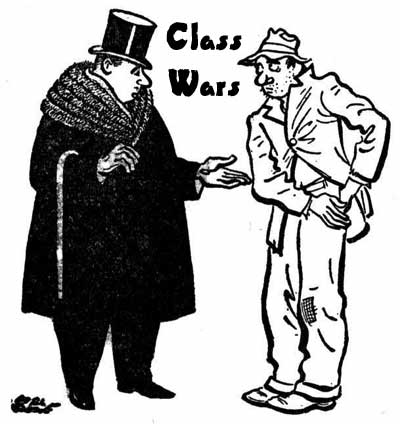Aleka Papariga
From "The Alliance Politics of the KKE and the Critique to 'Left Unity'"
In Contemporary Right-Wing Opportunism, Publication of the CC of the KKE, Synchroni Epohi, Athens 2008.
The purpose of this article is to encode, as much as possible, the objective differences between these two propositions for an alliance [the alliance politics of the KKE and the notion of "Left Unity"]. Alliances, it should be understood, are not based on agreement on terms and slogans or general ideas, but on issues of strategic importance and orientation, on the issue of alternative power.
For the KKE, alliance politics is a permanent, not a conjunctural policy. We struggle to make it materialize, to foreground it and to popularize it, independently of the existence of the subjective preconditions for its materialization at the political level. For the KKE, the creation of an alliance is an issue of struggle, of developments in the correlation of forces, of radical reorderings within political and social consciousness, such that they can bring changes to the composition of the political landscape. Ultimately, the level of the movement will play a determining role in this all-important issue. Of course, we are not simply waiting for possibilities to drop on our hands like overripe fruit. We take initiatives, and first of all we foster dialogue within the people, with radical popular forces, with social agents acting in a positive direction; we follow developments, we try to assist positive trends.


















